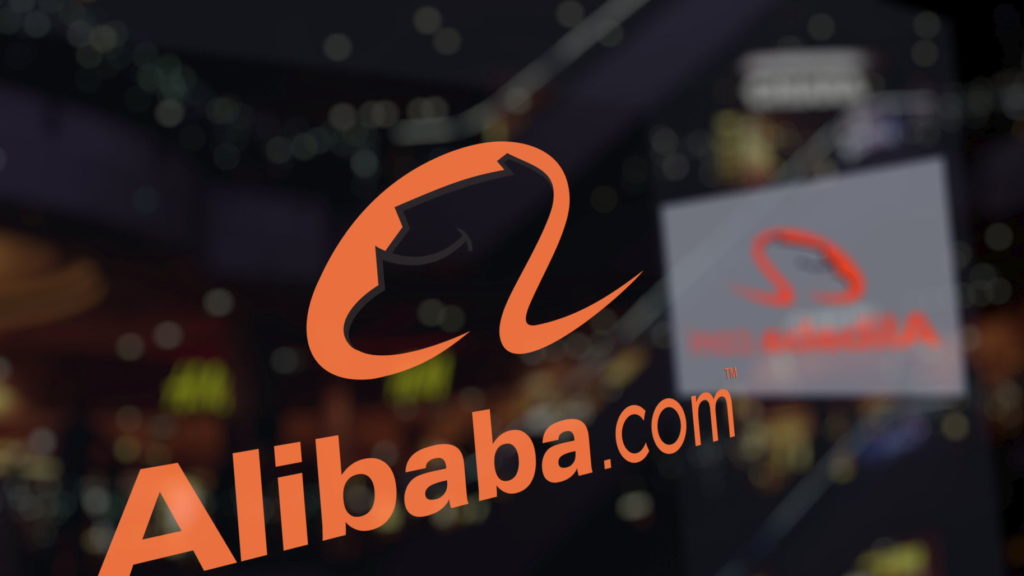Two Chinese companies, Tencent and Alibaba, are streaking ahead in the big leagues. With huge sums of money behind them, and aware of the need for lightning speed, both web giants are taking gambles and risks and buying up at every turn, becoming bigger and bigger with every passing month. An overview of these two phenomena, so different and yet so alike, with Stéphane Joly, Executive Vice-President of Altavia Asia.
Both of these Chinese giants, created 20 years ago have seen absolutely spectacular growth rates. A few figures:
Tencent:
- Stock market value: $550 billion
- Earnings: $3.5 billion
- Date of creation 1999
- Workforce: 39,000
Alibaba:
- Stock market value: $485 billion
- Earnings: $3.9 billion
- Date of creation: 1998
- Workforce: 50,000
“To put that into context, Carrefour Group, which employs 400,000 people around the world, and Tesco are both worth less than $20 billion,” Stéphane Joly points out. “This shows the gulf that separates the two Chinese firms from the others.”
A war of speed, fought on the same battlefield
Tencent, which provides video games and the popular messaging application, WeChat, and Alibaba, an online sales company, occupy two different worlds. However, we can see many similarities in their growth strategy. “Tencent and Alibaba have both implemented a phenomenally successful service: mobile payment,” Stéphane Joly tells us. WeChat (Tencent) et Alipay (Alibaba) are used massively by the Chinese, who almost never use cash to pay for their purchases (editor’s note: see also CHINA: The dazzling success of mobile payment). “The two powerhouses also own a virtual bank, a self-service bicycle company, a large travel agency, a video site home delivery company, and more.” Both groups are surfing on identical waves, and are always very successful.
Fewer but bigger stakeholders
“In the last ten years, we have seen an acceleration in equity participation for pure players and, in the last few months, ‘offline’ too, with buyouts of shopping centres and stores,” Stéphane Joly adds.
Tencent:
- 20% of the e-commerce platform JD.com
- 100% of the e-commerce platform Yihaodian: $1.5 billion
- 4% of Dalian Wanda (huge conglomerate of shopping centres and cinemas): $1.5 billion
- 7% of Vipshop.com: $600 million
- 5% of the supermarket chain Yonghui Superstores
- Close ties with Carrefour China
Alibaba:
- 36% of Auchan China: $3 billion
- 30% of the electrical goods company Suning: $7 billion
- 100% of the supermarket chain Hema: $300 million
- 75% of Intime Group’s shopping centres: $2.6 billion
- 77% (with the Chinese group Cultural Investment Holdings) of Dalian Wanda: $1.2 billion
“In the space of a few months, Tencent has spent $5 billion,” Stéphane Joly points out. And Alibaba has spent $15 billion. That’s colossal! And the phenomenon never stops ramping up. There has barely been a week without a billion dollar deal. Both firms want control and are going after the same prey. Money doth flow.”
More mergers and buyouts are still expected in the coming months/years in China and South East Asia. There will be fewer and fewer players; and only the heavyweights will survive.
The new black gold: data
Today, Alibaba and Tencent are playing their biggest card: the customer data garnered from all the transactions. “Purchasing frequency, types of articles purchased, eating habits, if there are children in the household, likelihood to return to the same place to shop… All this “cross-channel” and “cross-banner” data are worth their weight in gold and are being well used!” Stéphane Joly claims.

